How Motor Learning boosts your singing?
If you’ve ever wondered why some days your singing feels smooth and effortless—and other days clunky or inconsistent—it might have something to do with motor learning.
Motor learning is the process your brain and body go through to develop and refine movement-based skills. In the world of sports, athletes train specific movements until they become automatic. Singing is no different. When you take vocal lessons or practice at home, you're not just “repeating” sounds—you’re building neural pathways and muscle memory that allow your voice to respond with ease, agility, and emotion.
The Science Behind Efficient Singing Practice
Research shows that motor learning has three key stages:
Cognitive Stage – You’re figuring things out: "Where do I breathe?" "How do I hit that note?"
Associative Stage – You’ve got the basics and start fine-tuning with feedback from your vocal coach.
Autonomous Stage – Your singing becomes automatic, expressive, and reliable, even under pressure.
The trick? Structuring your practice in a way that supports this learning process.
⏰ What Makes 30-Minute Practice Sessions Work?
Let’s break down a motor-learning-informed practice session:
0–5 min: Physical & Vocal Warm-Up
Wake up your body. Add lip trills, hums, stretches, or light vocal sirens. This preps the voice and primes motor readiness.
5–15 min: Targeted Technique Work
Pick one or two vocal techniques (like vowel shaping, breath flow, or pitch accuracy) and work in short, mindful bursts. Focused repetition is key—aim for quality over quantity.
15–25 min: Song Application
Apply the technique in an actual song. Take one phrase at a time. Sing it slowly, then gradually increase tempo. Use songs like Adele’s “Someone Like You” to practise phrasing, or Billie Eilish’s “Happier Than Ever” for dynamic and register transitions.
25–30 min: Cool Down & Reflection
Gentle vocal cool-downs + note down: What worked? What felt new? What needs more attention next time?
How Do You Know Your Vocal Coach Uses Motor Learning Principles?
At The Vocal Studio Singapore, our vocal coaches are trained to:
Set specific, realistic goals in your singing class
Break songs or techniques into smaller, learnable steps
Use feedback loops (listen > adjust > repeat)
Encourage self-awareness and mental rehearsal
Foster independence, so you eventually become your own best vocal coach
This means you’re not just singing—you’re learning how to learn singing.
🗣 Real Talk: Singing Lessons Aren’t Just About Voice
They’re about building coordination, emotional expression, and confidence. Whether you're just starting out or refining your craft, understanding motor learning helps you make the most of every vocal lesson and practice session.
Curious about how this works in real life? Book a lesson with Coach Marta and experience a singing class shaped by science—and designed for joy.
